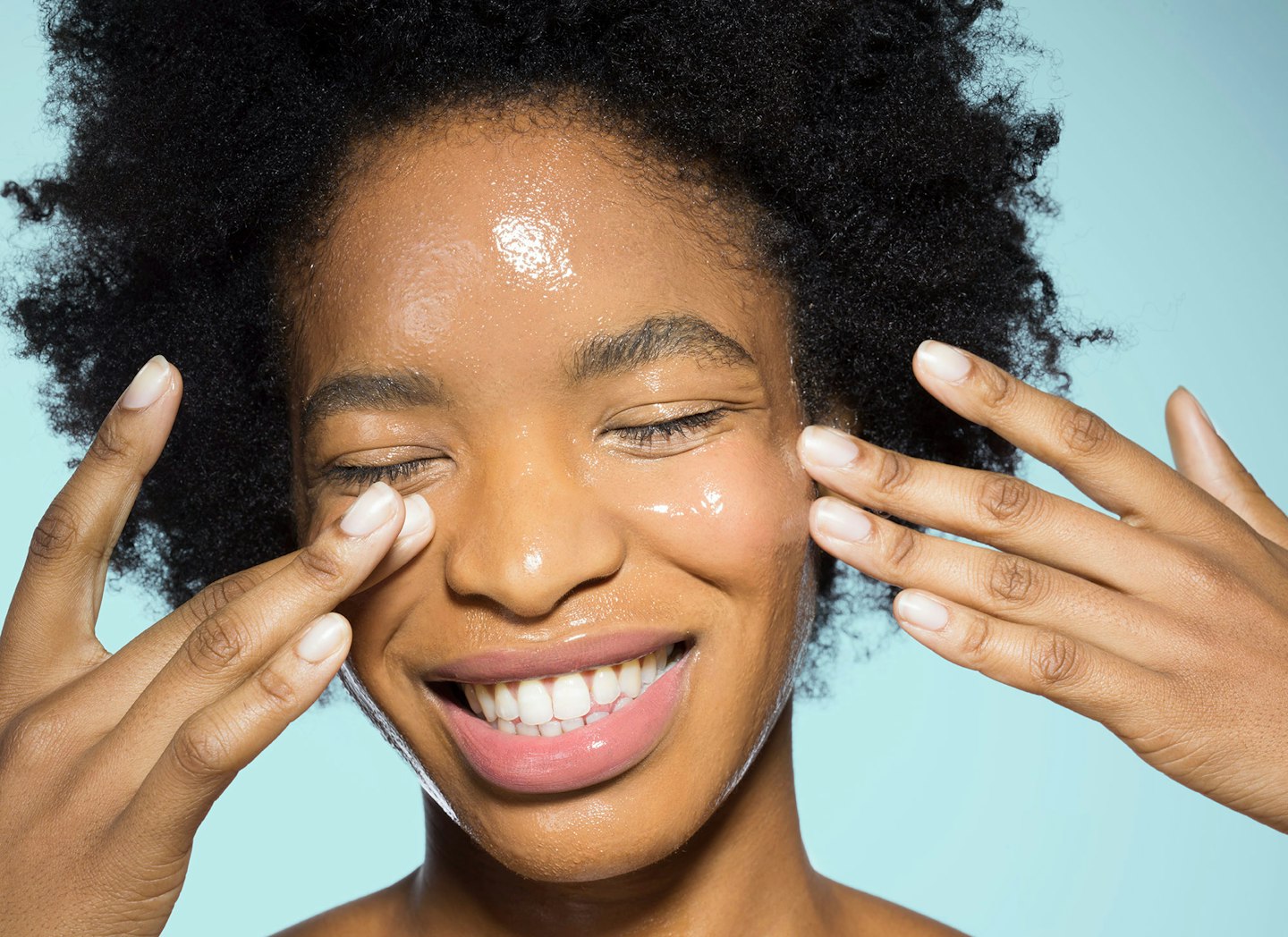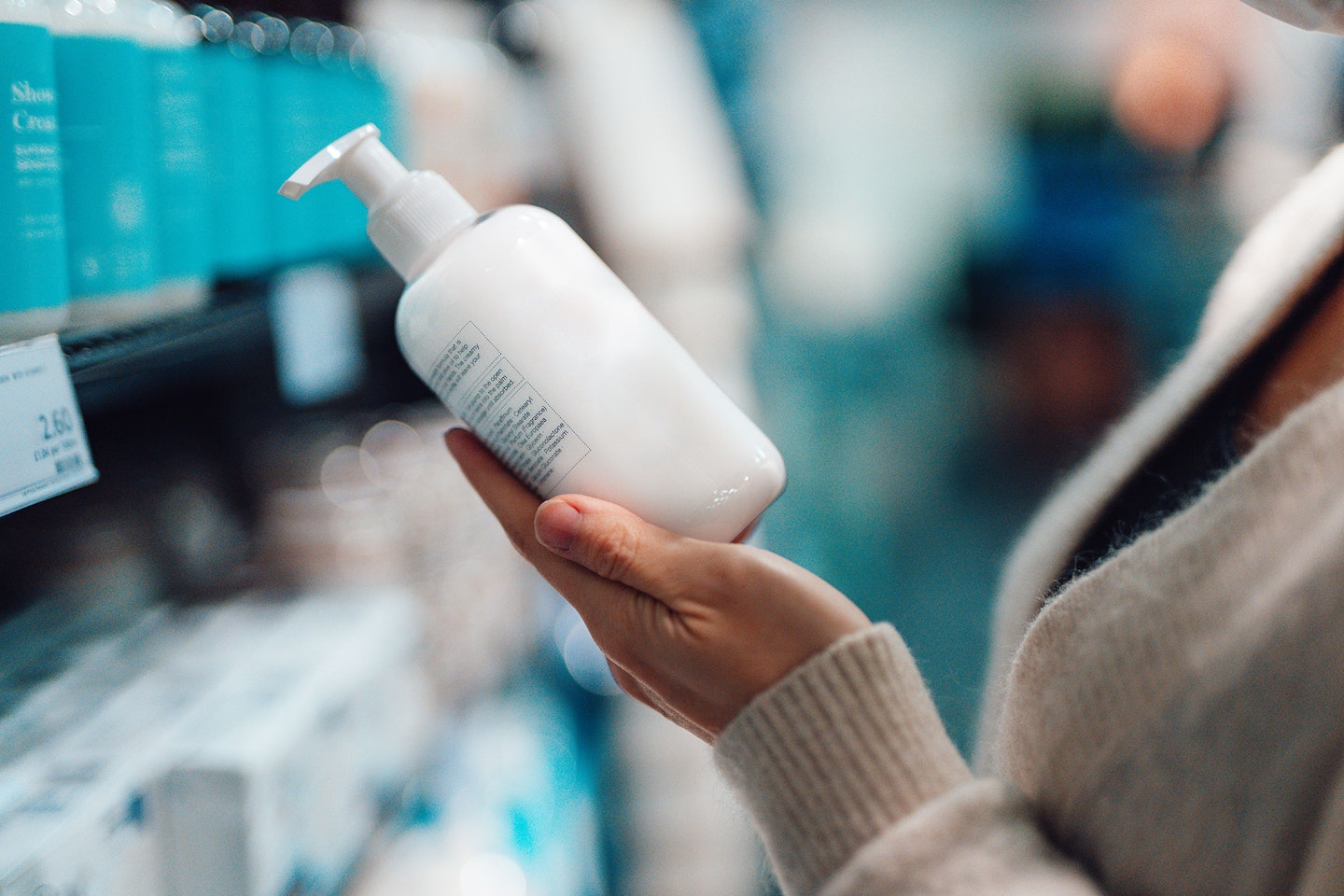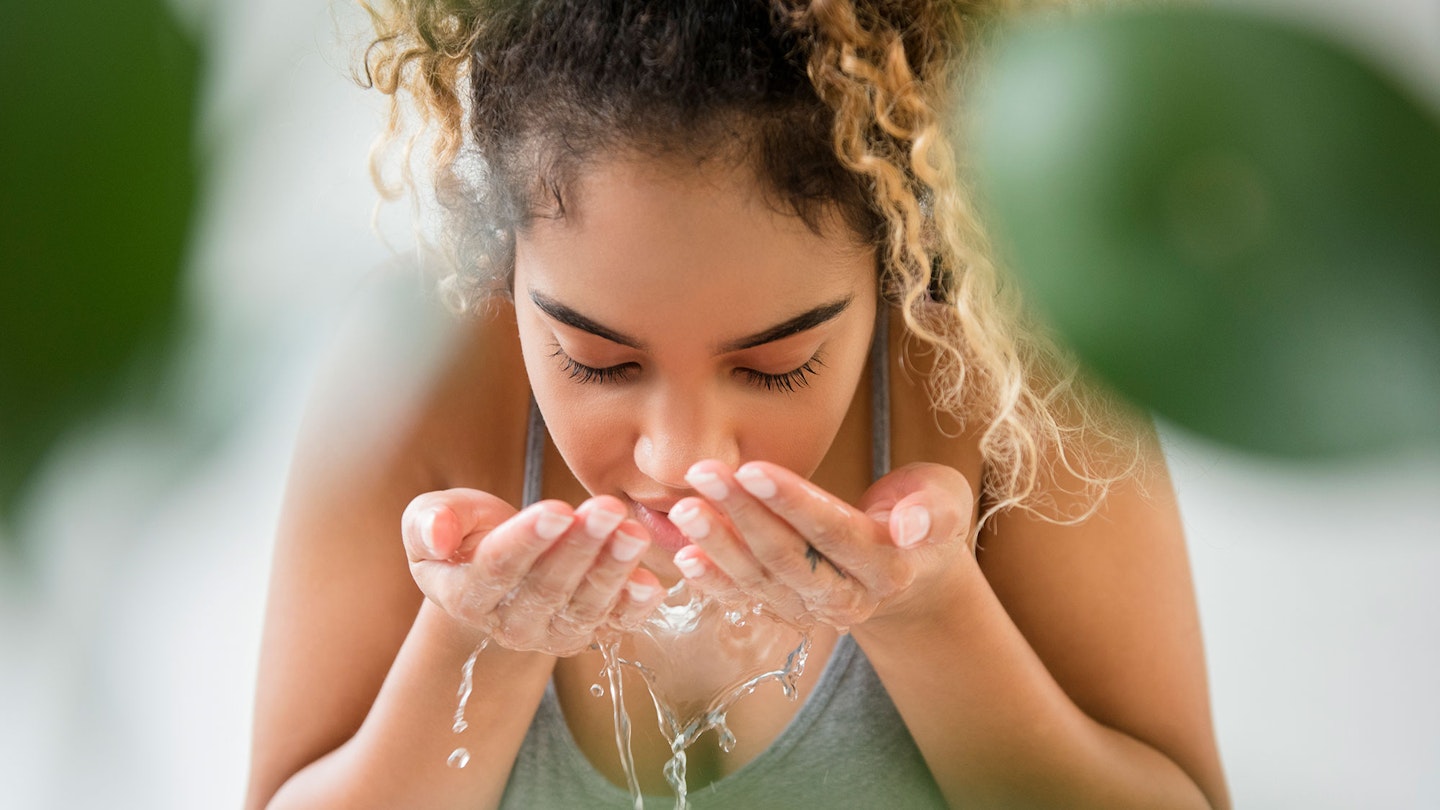Clean beautyhas become a trending topic, with many preaching that“natural is better” when it comes to beauty and make-up philosophy. The subject is a minefield, though, as there is currently no rules, guidelines or enough research around clean beauty. As a result, there's an awful lot of misinformation floating around as it's unregulated. Because of this, many brands have taken it upon themselves to define clean beauty.
Basically, clean beauty is an umbrella term for beauty products that are free from toxins - meaning that there are no ingredients that are known to cause harmful effects to our skin. Despite many of us wanting to be more 'clean', we're all very used to using make-up, hair products and sunscreen that are full of parabens to boost their shelf life and stop bacterias growing.

Our skin is the largest organ in our body, so we want to look after it and make sure that we're choosing the right products for us. It's all part of a quest to wellness, where we think a lot more about what we put in and on our body. So, here's all your clean beauty myths debunked...
What is clean beauty?
Clean beauty is a movement in the industry that refers to skincare products that favour more natural ingredients that are better for the environment AND our skin. In a nutshell, it's all about choosing products that contain more natural ingredients - so basically avoiding parabens, phthalates, oxybenzone, and synthetic fragrances that can irritate the skin. Many beauty lovers have hailed the clean beauty movement as one of the best things to happen in years, as brands and consumers have adjusted their thinking when it comes to what goes in products and onto our skin.
Clean beauty is everywhere, and it's only going to get bigger and better.
Beauty products that are considered 'clean' can still use synthetic ingredients that have been deemed safe for consumers' health and the environment, so it's still really important that you do your research. Everything is a chemical - even water - so there's no such thing as 'chemical free' beauty.

What clean beauty ingredients should I look out for?
Beauty ingredients can be a hard thing to navigate, but you should be able to get to grips what 'clean' actually means.
However, the main ingredients to look out for are those that are vegan and cruelty-free (although this is a tricky one, more on that later). 'Clean' ingredients to look out for include: beta carotene, green tea extract, licorice, oats, soy, vitamin c, willow herb and witch hazel. If you're in doubt, look out for the PETAand vegan logos on all cruelty-free and vegan products.
Getting to know these terms: sodium lauryl sulfate (which can be derived from petroleum, palm oil or coconut oil) or its other names like lauryl sodium sulphate or sodium dodecyl sulphate. If a product isn’t labelled paraben-free, read the small print. Keep an eye out for any words ending in paraben that you want to avoid:
-
Methylparaben
-
Ethylparaben
-
Butylparaben
-
Ethylparaben
Is clean beauty more sustainable?
Clean beauty brands not only make sure that their products are full of clean ingredients but the process of making the product and packaging it all up is all environmentally friendly too. The two main factors of clean beauty today are sustainable packaging and clean ingredients. Both are difficult to achieve due to the time and money it takes to access ethical ingredients and packaging materials.
This isn't to say that almost all beauty brands are trying to be way more sustainable though and only 'clean brands' care about the environment are are more sustainable.
What are famous clean beauty brands?
The clean beauty industry is getting bigger by the day, but clean beauty brands you may have heard of include This Works, Plenaire, Bioeffect, Evolve Beauty, Love Beauty and Planet, Sukin and Amika.
It's important to note that there is no industry standard for clean beauty, so it's sometimes hard to say that a brand is more 'clean' than the other.
Are clean beauty formulas gentle on the skin?
Industry experts says that even though clean beauty products can be more gentle on the skin, they may not be as powerful as products that we're used to. However, this is a common misconception, as clean beauty products can actually be more effective, as some deliver more highly concentrated, less processed potent ingredients directly to your skin's surface. If you have sensitive skin, opting for gentle ingredients will be better but if you're after a more intense skin regime, you may have to stick to products that contain synthetic ingredients.
Clean beauty products all still include vitamins, minerals, antioxidants and essential fatty acids - natural ingredients that are essential for radiant skin.
It's important to note that natural ingredients can cause allergic reactions, just like synthetic ones can. Natural skin care can be just as effective as its synthetically created products.
What are the benefits of clean beauty?
-
It’s free from irritant-causing ingredients
-
It doesn't contain microbeads (synthetic scrubs and toothpastes do and when they are washed down the plughole, they end up in the oceans, polluting the environment and harming marine life)
-
It's sustainable and ethical
-
Products have shorter use by dates, which makes you rethink your skincare routine
Can you trust all-natural labels?
All brands have to declare what is in their products on the packaging, so yes, you can trust them.
What does cruelty-free mean?
Cruelty-free means that the product was developed without any tests on animals, while vegan means that the product does not include any animal-derived ingredients. This is where 'clean beauty' gets a little confusing, as cruelty free still means that the products could still contain synthetic ingredients.
What is safer for you: clean or synthetic beauty formulas?
It really depends on your skin type AND if you notice a difference when using clean beauty compared to synthetic beauty. It's all personal choice, but if we were to swing one way, it would be thinking more about people’s well-being and the planet’s well-being.
